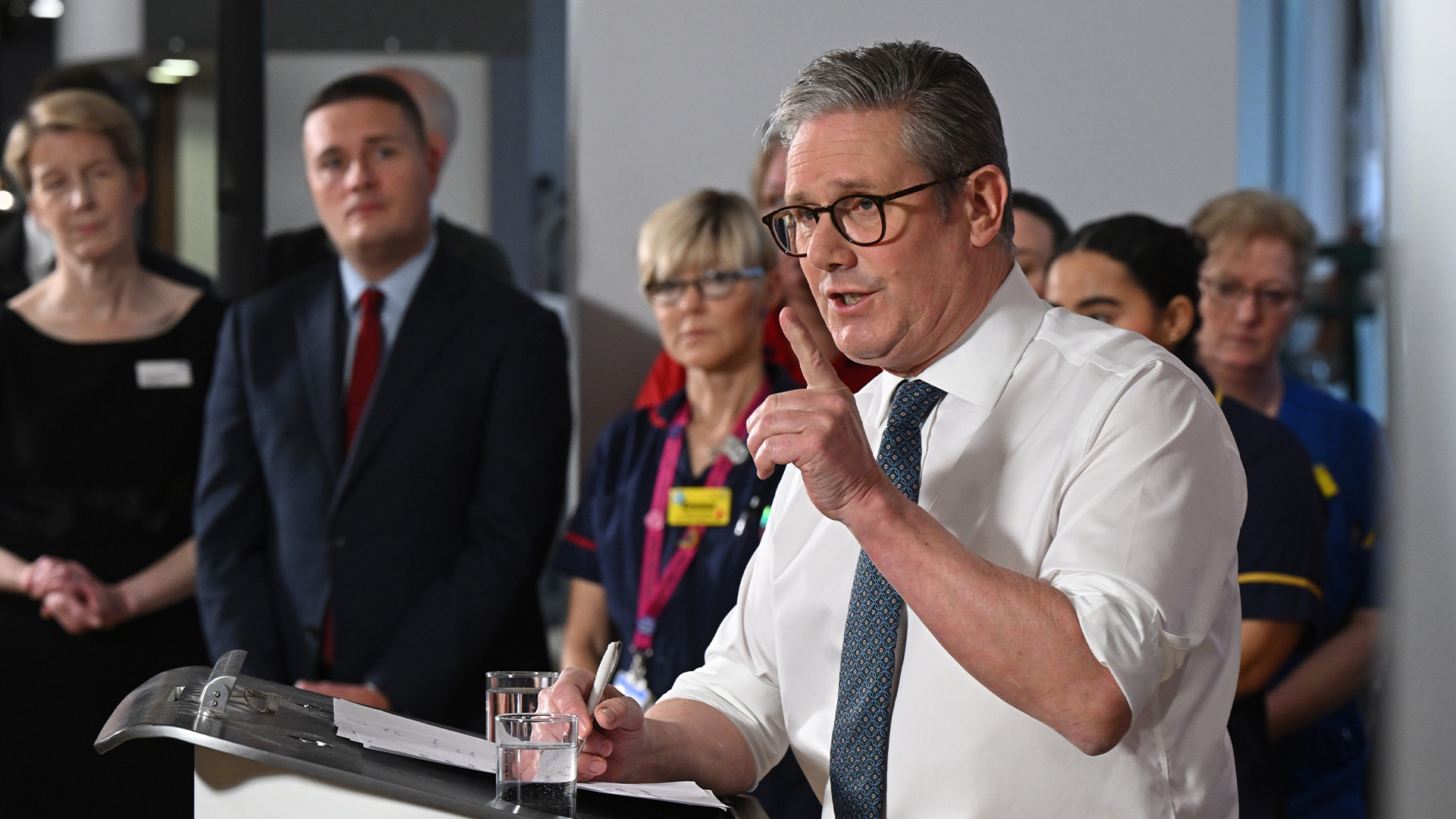UK Government probes Huawei's dealings with BT
Intelligence and Security Committee query Chinese telco's involvement in UK infrastructure.

A Government committee has raised concerns about the role Huawei has played in helping BT build out part of the UK's critical national infrastructure (CNI).
The Chinese telecommunications firm signed a supplier deal with BT in 2005, where it agreed to provide routers and other transmission equipment to help the firm expand its network.
However, a report by the Intelligence and Security Committee suggests Huawei's involvement in the project should have been closely scrutinised by Government ministers before being given the go ahead.
This is partly related to allegations about Huawei's close links to the Chinese state, which the company has strenuously denied, and the potential impact this could have on the UK's national security.
"BT first notified Government officials in 2003 of Huawei's interest in the 21st Century Network contract. However, the Committee has been told by the Cabinet Office that officials chose not to refer the matter to Ministers," the report states.
"There was no justification for failing to consult Ministers...Such a sensitive decision, with potentially damaging ramifications, should have been put in the heads of Ministers."
The report claims the BT-Huawei case highlights a number of weaknesses in the UK's CNI deployment policies, and suggests a disconnect between the UK's inward investment rules and its take on national security.
Get the ITPro daily newsletter
Sign up today and you will receive a free copy of our Future Focus 2025 report - the leading guidance on AI, cybersecurity and other IT challenges as per 700+ senior executives
Part of the problem is that there is no requirement for the owners of CNI assets to consult the Government on who they would like to do business with, the report points out.
"Instead, the Government relies on informal processes or the private company taking the initiative themselves," the report states.
"This is far too haphazard an approach, given what is at stake...[and means] the Government may not be made aware of contracts involving foreign companies from potentially hostile states until they have already been awarded."
In this instance, BT did inform the Government of Huawei's potential involvement some years earlier, but the report said there are no processes in place to ensure Ministers are consulted in cases like this.
"The failure in this case to consult Ministers seems to indicate a complacency which was extraordinary given the seriousness of the issue," the report continues.
In a statement, Huawei said it had jumped through multiple hoops to get its equipment approved for use by BT.
"Prior to BT's selection of Huawei in 2005, Huawei was subject to a comprehensive audit across 11 different areas, including strategic development, management systems, corporate social responsibility and security management," it states.
"This detailed audit took two years and only when it had been completed did BT sign its first contract with Huawei.
"Since then, BT has continued to conduct a thorough annual evaluation of Huawei and after eight years of partnership, we have built a strong and mutually beneficial relationship with them," the statement reads.
The company also claims the UK Government regularly reviews Huawei's product engineering, procurement and supply chain security management policies.
"Huawei is willing to work with all governments in a completely open and transparent manner to jointly reduce the risk of cyber security," the statement continues.
-
 How the UK MoJ achieved secure networks for prisons and offices with Palo Alto Networks
How the UK MoJ achieved secure networks for prisons and offices with Palo Alto NetworksCase study Adopting zero trust is a necessity when your own users are trying to launch cyber attacks
By Rory Bathgate
-
 Putting small language models under the microscope
Putting small language models under the microscopeITPro Podcast The benefits of small language models are undeniable – but they're no silver bullet
By Rory Bathgate
-
 Application enablement in an AI world
Application enablement in an AI worldHow enterprises can tap into AI-fueled application enablement to build apps faster and deploy them while consuming fewer resources
By Keumars Afifi-Sabet
-
 ‘Archaic’ legacy tech is crippling public sector productivity
‘Archaic’ legacy tech is crippling public sector productivityNews The UK public sector has been over-reliant on contractors and too many processes are still paper-based
By Emma Woollacott
-
 Public sector improvements, infrastructure investment, and AI pothole repairs: Tech industry welcomes UK's “ambitious” AI action plan
Public sector improvements, infrastructure investment, and AI pothole repairs: Tech industry welcomes UK's “ambitious” AI action planNews The new policy, less cautious than that of the previous government, has been largely welcomed by experts
By Emma Woollacott
-
 6G: Pioneering a new era of innovation and business value
6G: Pioneering a new era of innovation and business valueSponsored Content Discover how 6G will redefine the wireless industry through innovation, AI integration, and groundbreaking technology to drive new business value
By Rene Millman
-
 UK government trials chatbots in bid to bolster small business support
UK government trials chatbots in bid to bolster small business supportNews The UK government is running a private beta of a new chatbot designed to help people set up small businesses and find support.
By Emma Woollacott
-
 Huawei at Gitex Global 2024: driving innovation in industrial digitalization and intelligent transformation
Huawei at Gitex Global 2024: driving innovation in industrial digitalization and intelligent transformationSponsored Content Huawei showcased its latest advancements at Gitex Global 2024, focusing on accelerating digital transformation through innovative product launches, partnerships, and AI-ready ICT infrastructure
By ITPro
-
 Huawei Cloud: enabling business and industry growth
Huawei Cloud: enabling business and industry growthSponsored Content Huawei Cloud is transforming industries with innovative cloud, AI, and digital solutions, empowering enterprises to achieve growth and success in the digital age
By ITPro
-
 Amplifying intelligence: Huawei’s smart solutions for manufacturing and large enterprises
Amplifying intelligence: Huawei’s smart solutions for manufacturing and large enterprisesSponsored Content As industries face mounting pressures to innovate, Huawei is launching ten new intelligent solutions, designed to transform manufacturing, retail, and real estate through cutting-edge ICT represented by AI and cloud technologies
By ITPro